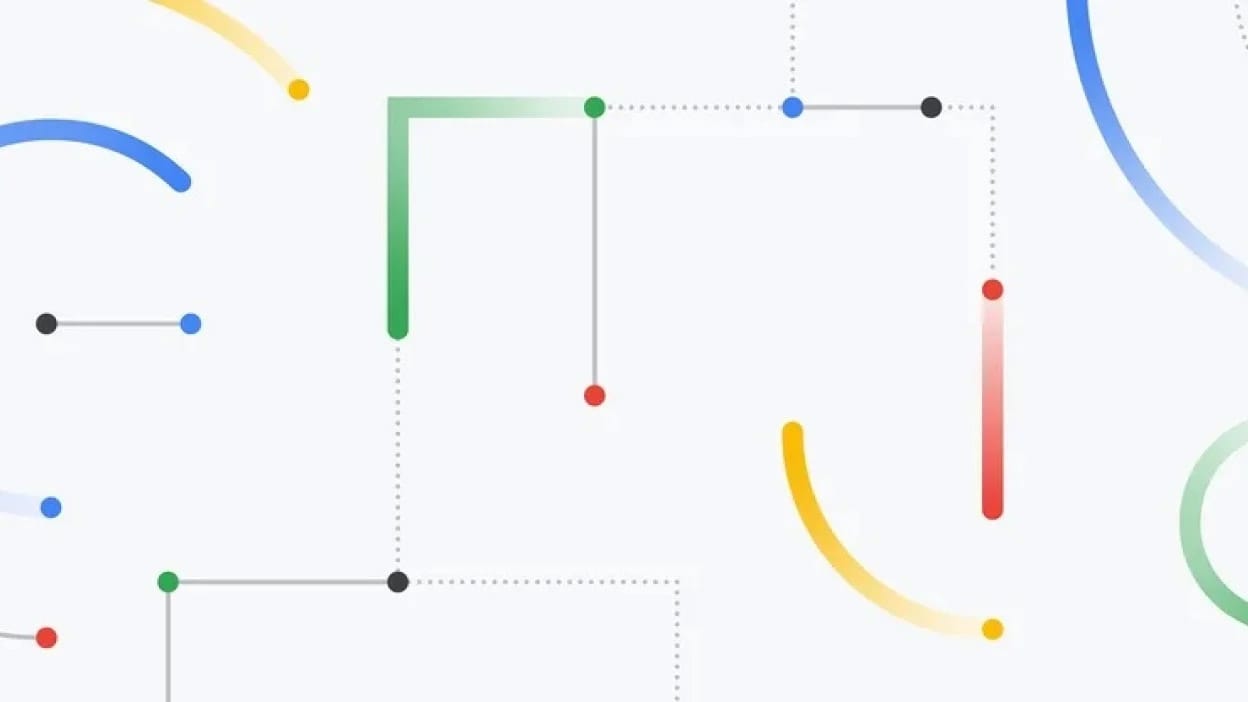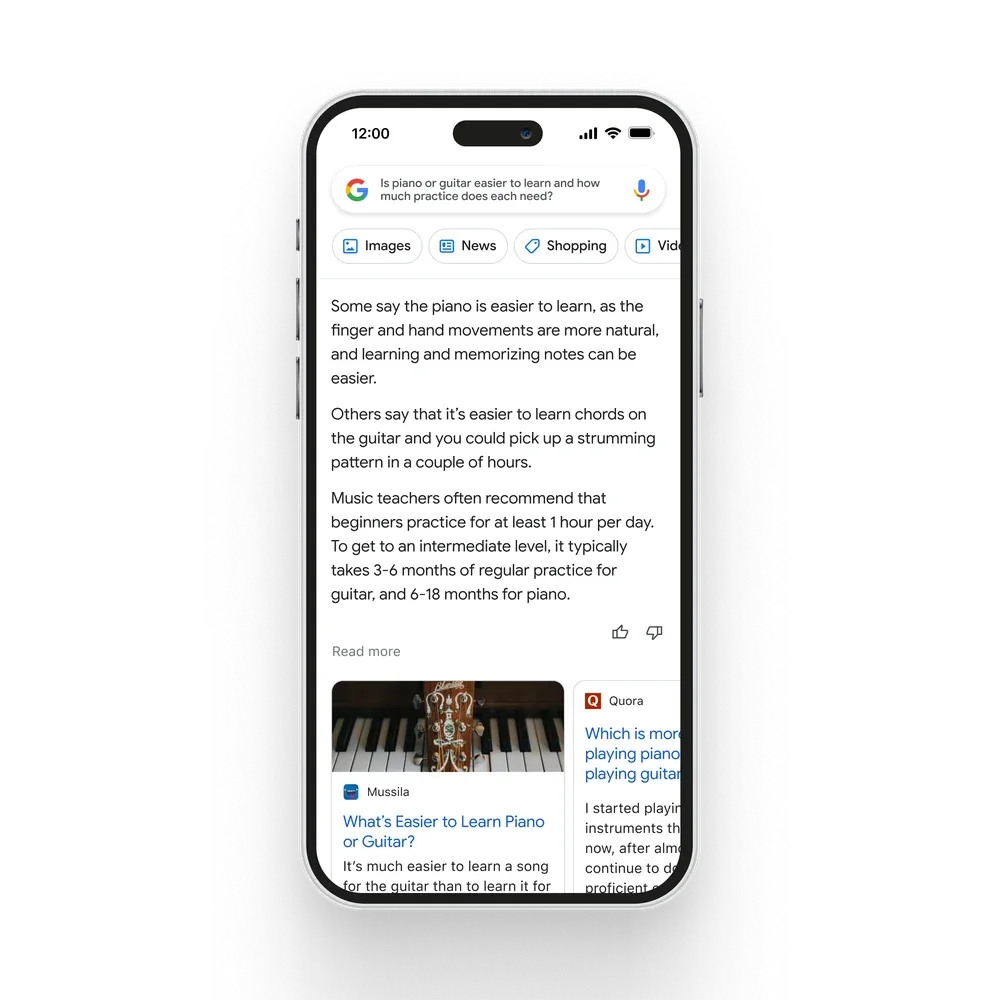Google's answer to ChatGPT
Who will win the race for AI dominance? And what this means for marketers and content creators.

With all the focus on ChatGPT, Google had to do something.
Tech and hustle bros have been saying ChatGPT is the possible Google killer. Google, despite laying off 12,000 employees is having none of that.
Google just announced Bard – an AI chatbot designed to compete with ChatGPT.
You probably will only have access to it in a few weeks. For now, Google CEO Sundar Pichai said Bard would first be available to "trusted testers".
How does Bard work?
Powered by LaMDA – Google's AI conversational technology, Bard will query information from the web to "provide fresh, high-quality responses."
2/ Bard seeks to combine the breadth of the world's knowledge with the power, intelligence, and creativity of our large language models. It draws on information from the web to provide fresh, high-quality responses. Today we're opening Bard up to trusted external testers. pic.twitter.com/QPy5BcERd6
— Sundar Pichai (@sundarpichai) February 6, 2023
Using any information available on the internet, there will be many use cases for Bard, such as:
- Planning an event.
- Get lunch ideas based on what ingredients you have in the fridge.
- Simplifying or "ELI5-ing" complex information.
- Compare products or services.
This would be added to the familiar Google search, where Bard would summarize information within the search page (SERP) and provide insights into users' search queries.
Based or biased?
ChatGPT has been known to be biased at times. The AI model is trained in a way that it could sometimes churn out racist, sexist, or subjective responses.
Sam Altman, OpenAI's CEO openly admitted this. (They are working to improve it though.)
we know that ChatGPT has shortcomings around bias, and are working to improve it.
— Sam Altman (@sama) February 1, 2023
but directing hate at individual OAI employees because of this is appalling. hit me all you want, but attacking other people here doesn’t help the field advance, and the people doing it know that.
Google Bard on the other hand seeks to combine the world's knowledge with "intelligence and creativity" through scouring information on the internet.
As an example, it's trying to solve our curiosity by simplifying complex topics – like helping a 9-year-old learn about discoveries from NASA's James Webb Space Telescope.
"Is tennis or badminton easier to learn?"
People usually use Google to search for factual answers, like "what are the rules of tennis?".
But increasingly, people are looking for deeper understanding, like "is tennis or badminton easier to learn?"
Learning a topic like this can take a lot of effort – diving into a range of opinions and perspectives.
Bard is positioning to be different by synthesizing insights from questions where there's no really one right answer.
Where does it get the information though?
Everything on the web! To answer the earlier question, from blogs of people who play tennis & badminton.
It seems that bloggers and content creators won't go out of jobs yet. In fact, with the rise of AI-generated content – ironically, humanized content will be more sought-after.
So is Bard be based or biased?
We don't know yet. What we can observe for now is that it will share summarized answers with different opinions.

What to expect.
AI-powered features will soon be available on Google search, where it aims to summarize complex information and multiple point-of-views into an easy-to-digest format.
Search is not going away. It's just evolving.
At this time, we don't know much about Bard yet – except the claims made by the company. Google is hosting a live event on Feb 8 to announce news and insider knowledge related to Google Search & Maps –"reimagining how people search for, explore and interact with information."
Will Google or ChatGPT be the king of chatbots?
I guess we'll find out soon.
